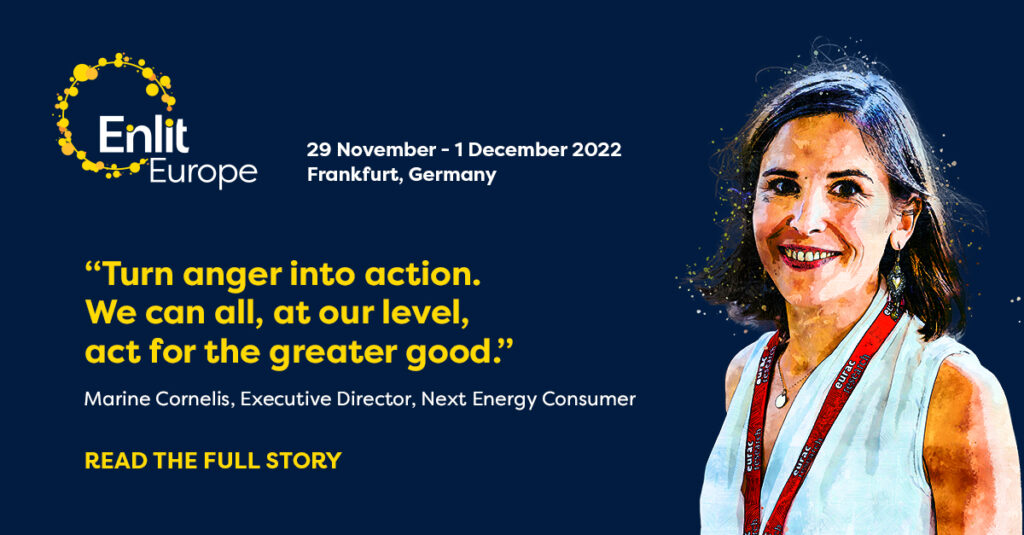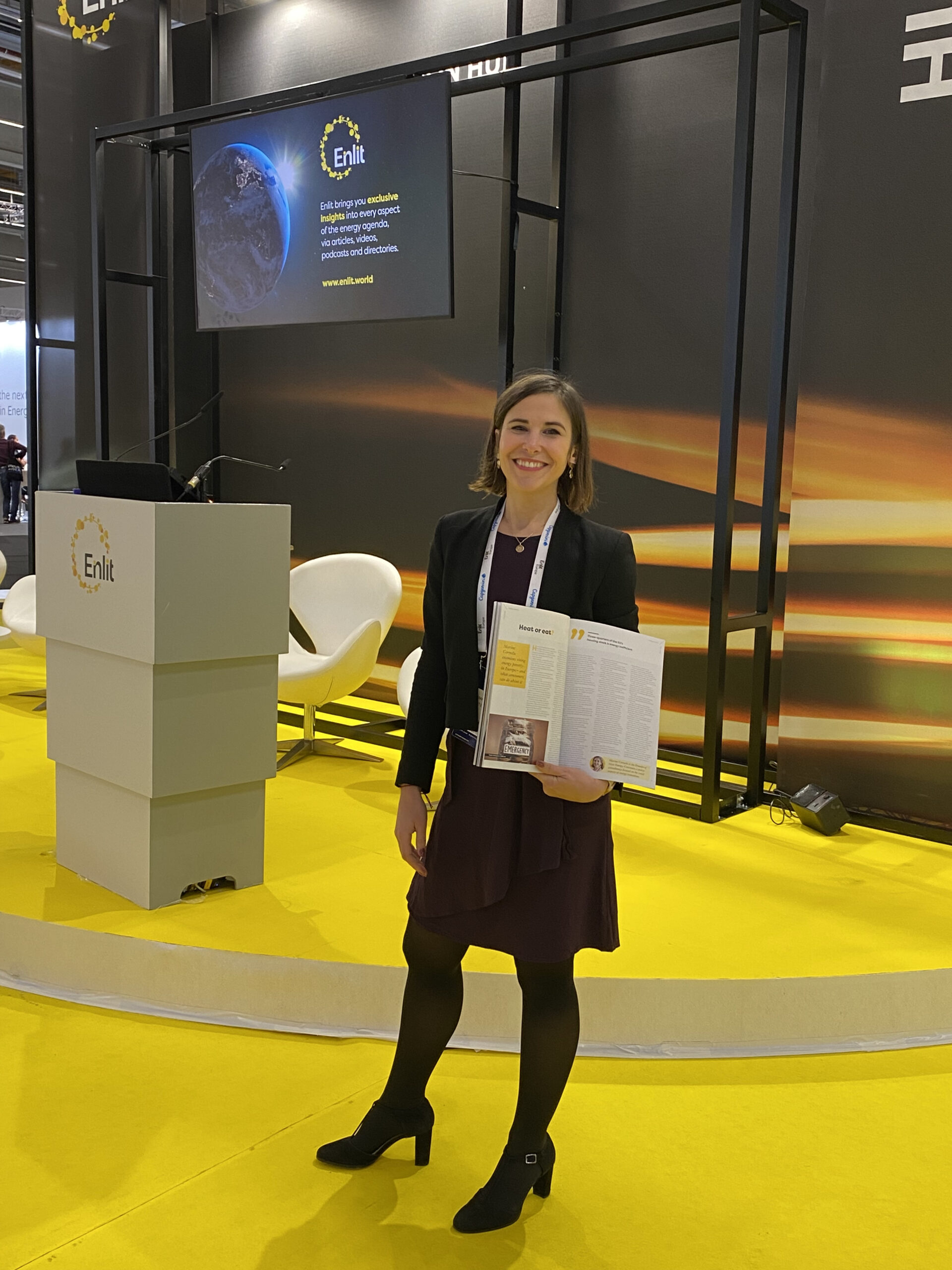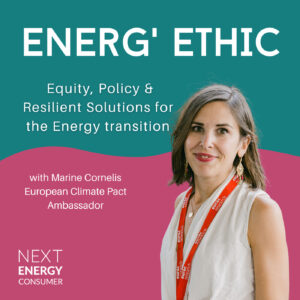This year again, I joined Enlit Europe Impact Circle and participated in an inspiring 2022 edition.
I had the honour of moderating the very crowded democratisation hub on 30 November, focusing on energy communities. The democratisation of the energy sector is critical. It can increase the capacity for action of individuals, especially those belonging to traditionally marginalised groups, such as women, indigenous communities and vulnerable communities. When democratised, the energy sector can fulfil its role as a human right that goes beyond the commodity relationship. And that’s exactly why we need energy communities. Energy communities fill the gaps, and enable a true take off of energy democracy.
Speakers Xavi Bou Torrent of ELECSUM, Cristina Mata Yandiola of Powerledger, Gregor Taljan of Energienetze Steiermark GmbH, Michael Pinto of Cleanwatts, Georg Hartner (Oesterreichs Energie), Paul De Wit (ALLIANDER), Fatuma Ali of Grid Singularity, Antoine Mathieu and Matthias Masschelin of ELIA, and Johannes Slacik (Energie Institut an der JKU Linz).
The energy and cost-of-living crisis we are experiencing now reminds us how vital energy is to our quality of life and that millions of people risk falling into energy poverty today and tomorrow if our energy systems do not become much more resilient to structural shocks and energy efficiency is implemented at a much faster pace.
Of course, democratising energy systems is a complex and fascinating subject. Alongside the three other Ds, decarbonisation, digitalisation and decentralisation, democratisation is today an essential ingredient for creating a true energy justice recipe, which is essential to ensure peace and prosperity while reconciling climate and social objectives.
The speakers all had fascinating experiences to share, from all over Europe.

My key takeaways:
1️⃣ renewable electricity can only take off if it is used close to the place it is produced (#flexibility), meaning we to strengthen local grids and networks, as well as energy communities business models
2️⃣ DSOs and TSOs are the key enablers, as they are engaged with constant dialogues with regulators and policymakers, as well as suppliers and energy service providers
3️⃣ yes the technology is mature and benefits are very clear BUT consumer engagement remains the elephant in the room…
⚠️… which made me reflect on the overall social impact of energy communities, which was barely addressed.
So the big questions are: how do you make energy communities mainstream and not another instrument for a handful of healthy, wealthy, and witty individuals? How can the benefits of those very technical energy community-enabling tools trickle down to everyday people, and make sure the most vulnerable do not end up paying a ‘poverty premium’?
If we want an energy transition that works for the people, we should also make it WITH the people. We are not living in pristine lab environments but experiencing complex, often messy, lives. So the first step should be listening to the people.
I’m enthusiastic about energy communities because if they are built with empathy and are fair by design they are a way to build trust, mend distorted social bonds, and perhaps overcome isolation and vulnerability. But for this magic to happen we need to get where people are, engaging with as many people and organisations as possible, including municipal social services, charities, ombudsmen… and I’m not sure any technology can replace that.
I am very proud and grateful for ENLIT Europe team for letting me express my views and demonstrate that alternative to technocentricity actually exist: you can check page 42 of the magazine to read my piece on energy poverty and ways to overcome it or read it here. You can also find here a piece on international collaboration to address energy poverty.


